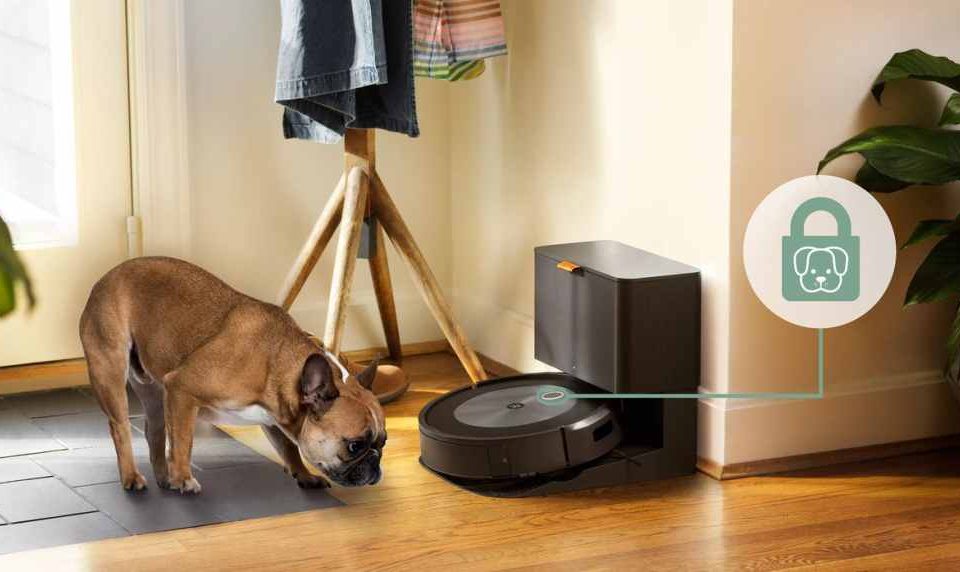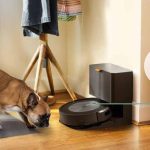Amazon walks away from $1.7 billion deal to buy Roomba maker iRobot

Amazon and Roomba-maker iRobot have called off their $1.4 billion deal due to uncertainties surrounding regulatory approval, the two companies announced on Monday. Amazon withdrew from the agreement after iRobot said that the deal has “no path to regulatory approval in the European Union.”
The deal, first announced in August 2022, faced scrutiny from the US Federal Trade Commission (FTC) and the European Commission, fearing Amazon’s potential dominance in the home robot market.
iRobot, in response to the collapsed deal, also announced it is laying off around 350 employees, approximately 31% of its workforce, as part of a restructuring. The company’s CEO, Colin Angle, is stepping down, with Glen Weinstein serving as interim CEO and Andrew Miller becoming chair. iRobot will also halt work on devices beyond its core floor-cleaning products, such as air purifiers and lawn mowers, and close offices in underperforming regions.
As a result of the terminated deal, Amazon will pay a $94 million termination fee to iRobot, aiding in repaying a $200 million loan from the previous year. iRobot, publishing preliminary fourth-quarter results for 2023, expects to report a GAAP operating loss between $265 and $285 million.
“We’re disappointed that Amazon’s acquisition of iRobot could not proceed,” said David Zapolsky, Amazon SVP and General Counsel. “We’re believers in the future of consumer robotics in the home and have always been fans of iRobot’s products, which delight consumers and solve problems in ways that improve their lives. Amazon and iRobot were excited to see what our teams could build together, and we’re deeply grateful to everyone who worked tirelessly to try and make this collaboration a reality. This outcome will deny consumers faster innovation and more competitive prices, which we’re confident would have made their lives easier and more enjoyable. Mergers and acquisitions like this help companies like iRobot better compete in the global marketplace, particularly against companies, and from countries, that aren’t subject to the same regulatory requirements in fast-moving technology segments like robotics. Undue and disproportionate regulatory hurdles discourage entrepreneurs, who should be able to see acquisition as one path to success, and that hurts both consumers and competition—the very things that regulators say they’re trying to protect,” iRobot said in a news release.
The collapse of this deal signifies a setback for Amazon’s smart home ambitions. Despite its heavy investments in devices like Echo smart speakers and Ring video doorbells, Amazon considered Roomba vacuums crucial to expanding its portfolio. Roomba, known for targeting hygiene-conscious consumers, collects valuable spatial data on households, potentially advantageous for smart home technology development.
The termination allows iRobot to remain an independent company but presents its own challenges, as it has struggled to boost sales in recent years. The regulatory concerns over the deal underscore the increasing scrutiny faced by Big Tech companies globally, highlighting the complexities of conducting business in a diverse regulatory landscape.
We covered the story back in 2022 after Amazon announced it was acquiring iRobot for $1.7 billion in cash. The move was part of Amazon’s strategy to expand its range of connected devices and smart home products. Just a month prior, Amazon had also made headlines by acquiring One Medical, a primary healthcare provider, for $3.9 billion, signaling its entry into the massive healthcare industry.

